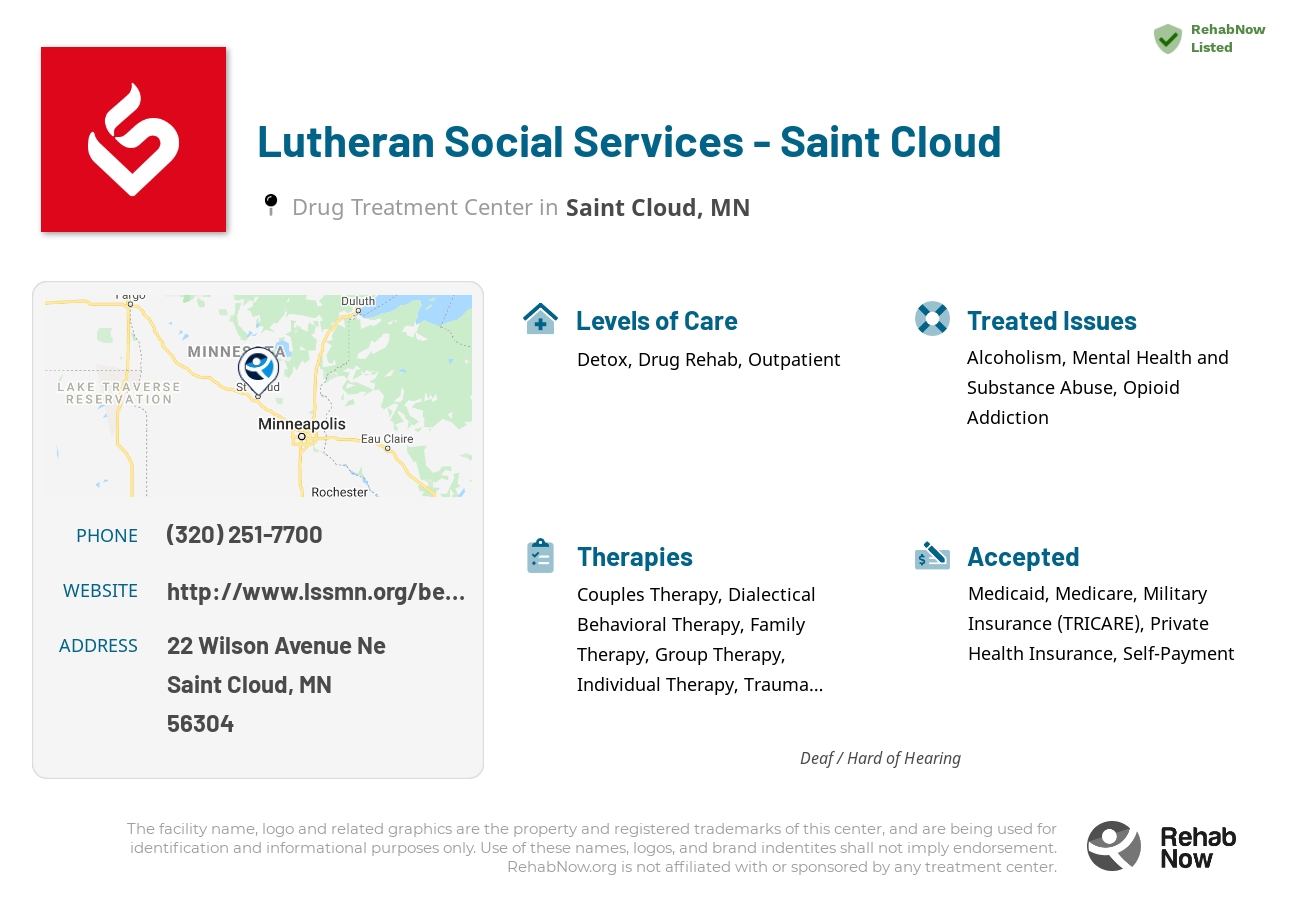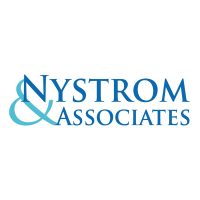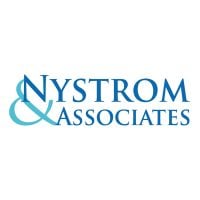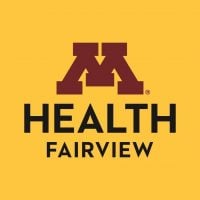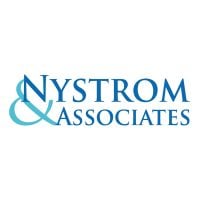About Lutheran Social Services - Saint Cloud in Minnesota
Lutheran Social Services - Saint Cloud is a nationally accredited addiction and substance use facility located in Saint Cloud, Minnesota. Since 1948, Lutheran Social Services has provided clients with a comprehensive range of care designed to treat individuals struggling with the effects of substance abuse or addiction. Their team of experienced professionals are dedicated to providing a safe, supportive environment for individuals and their families as they work to build a healthier and stable life for themselves.
Lutheran Social Services - Saint Cloud offers an array of services tailored to effectively treat individuals struggling with addiction or substance use. This includes comprehensive assessments, individualized treatment plans, intensive outpatient programs, crisis stabilization and stabilization services, case management, and relapse prevention. Their programs are designed to empower individuals to take the steps needed to recognize and address the underlying causes of their addiction. Additionally, Lutheran Social Services provides services such as mental health counseling and provides aftercare plans to help support clients as they transition back into their community.
Lutheran Social Services - Saint Cloud offers numerous accreditations and licenses as part of their commitment to providing high quality care and services. They are dually accredited by The Joint Commission, CARF, and certified by the Minnesota Department of Human Services as a chemical dependency treatment program. They also provide the use of evidence-based practices such as the 12-step program, mindfulness, and motivational interviewing. Lutheran Social Services has been consistently recognized for their commitment to providing quality care to individuals battling addiction.
Genders
Ages
Modality
Additional
Conditions and Issues Treated
Opioid addiction starts when a person becomes addicted to legal or illegal opioids. The addiction can happen quickly, in just a matter of days. Opioid withdrawal can be extremely uncomfortable and lead the user to continue to use even if they want to quit. Stopping using an opioid requires medical observation. Sometimes inpatient treatment with a medically supervised detox is necessary for managing the withdrawal process while learning lasting tools for maintaining recovery. Medications may be used in some cases of opioid addiction.
Opioid addiction is one of Minnesota‘s most prominent forms of addiction. It’s treated by detoxifying the body so that the chemicals from the medications no longer impact them and by therapies to correct behavior and target the root of the problem.
Levels of Care Offered
This center offers a variety of custom treatment tailored to individual recovery. Currently available are Detox, Drug Rehab, Outpatient, with additional therapies available as listed below.
Detox is the first step of rehab. It involves giving a person time to get the toxins out of their body. During detox, the patient gets ill and they will often start using again to get rid of these unpleasant feelings. That’s why it’s so important to have a Saint Cloud medical professional at Lutheran Social Services - Saint Cloud present. A Minnesota medical professional will make sure patients don’t start using during detox. They will also provide medication to ease their symptoms and coach them through on a mental level.
Outpatient treatment is considered the lower intensity level of addiction treatment. It’s ideal for early phase addiction or lower intensity addictions. It may include weekly sessions instead of daily. It may include weekly sessions instead of daily. Peer group support, 12-step programs, and individual counseling may still be involved but at a lesser frequency than an intensive outpatient program. It is a good choice for someone who doesn’t need to go through a medically supervised detox and who has a supportive home environment. It requires motivation and dedication to commit to the program without constant monitoring.
Therapies & Programs
Individual therapy involves one-on-one sessions between the patient and therapist. It provides patients with a safe environment to openly discuss personal and sensitive issues with the therapist. They find the therapist as someone they can trust. Individual therapy aims to identify the core issues that would have led the patient to substance abuse and address them effectively. The therapist can develop patient-specific customized solutions through individual therapy, which aids speedier recovery.
Couples therapy works with clients and significant others in a professional capacity to improve relationship dynamics. This can be helpful for addicts who are trying to marry the idea of recovery into their work, family, social lives – any aspect that has to do with relationships.
Through counseling sessions, addicts will have an opportunity to talk about their addiction with professional partners. These partners can offer feedback and advice on how to get sober while keeping healthy relationships intact. A good couples therapist will help addicts understand their part in an unhealthy relationship dynamic or find ways to deal with anger or resentment from significant others outside of the home.
Family therapy is a group problem-solving that aims to improve communication and relationships between the addict, their family, and sometimes friends. The main goal of family therapy for drug addiction is to create an environment where communication can occur without judgment, hostility, or blame. The therapist is with the family as they learn to communicate differently, especially with the addict when s/he is using. The family can learn to reduce their enabling behavior or rally together and support each other during tough times.
An addict’s family can play a vital part in helping them to avoid relapse because they can spot the warning signs and help them get back on track before it becomes too much of a problem. Family therapy is one of the most effective ways to help addicts stay on the path to long-term sobriety. When a drug addict decides that they want to try and get sober, it takes the support of every person they love to succeed. It can be incredibly difficult for loved ones to watch an addict go through the pain and suffering of withdrawal, but by being there with them and supporting them, they can help to make sure that the addiction never returns.
Groups typically involve meetings with other recovering addicts who can relate to one another’s experiences. They might meet in person or online and typically focus on the process of staying sober rather than overcoming a specific addiction.
In these groups managed by Lutheran Social Services - Saint Cloud, addicts can build a sense of community and develop strong emotional connections with others who understand what they are going through. These beneficial relationships can help addicts overcome their cravings and prevent relapse at any point during the recovery process.
In general, trauma therapy is a clinical process that helps individuals deal with mental stress often caused by traumatic events. The therapist helps the person identify, understand, and work through the problem. This is done with the help of talking about it in group or one-on-one counseling sessions. Therapists use relaxation, role-playing, art, and music to help the person open up about what is bothering them.
There are many different types of trauma therapists, such as psychiatric nurses and counselors. Not everyone is a good candidate for this type of therapy; it is generally reserved for people who have recently experienced a traumatic event and struggle to get over it. It is often done for children, teenage victims of sexual assault, and war veterans.
Dialectical Behavior Therapy (DBT) is a type of therapy created in the late 1980s and early 1990s to help people with high rates of suicidal behavior. DBT helps people learn how to live a life that is no longer controlled by overwhelming emotions and urges. It is beneficial in treating drug addiction because it helps patients understand and cope with their cravings for drugs or alcohol rather than turning to those substances as a way of coping.
There is hope for people who are addicted to drugs and alcohol. Cognitive Behavioral Therapy (CBT) is the solution. CBT focuses on the underlying thoughts and behaviors that caused the addiction problem in the first place and may cause a relapse. This type of psychotherapy addresses negative feelings common in substance abuse disorders. It helps to change them by restructuring thought patterns. It’s about removing negative thoughts and providing long-term benefits while promoting self-awareness, self-control, and healthy ways to respond to negative thoughts. These sessions can be done by themselves or as part of combination therapy.
Payment Options Accepted
For specific insurance or payment methods please contact us.
Is your insurance accepted?
Ask an expert, call (888) 674-0062
Lutheran Social Services Associated Centers
Discover treatment facilities under the same provider.
- Lutheran Social Services - Willmar in Willmar, MN
- Lutheran Social Services - Detroit Lakes in Detroit Lakes, MN
- Lutheran Social Services - Mankato in Mankato, MN
- Lutheran Social Services - Alexandria in Alexandria, MN
- Lutheran Social Services - Fergus Falls in Fergus Falls, MN
Learn More About Lutheran Social Services Centers
Additional Details
Specifics, location, and helpful extra information.
Saint Cloud, Minnesota 56304 Phone Number(320) 251-7700 Meta DetailsUpdated November 25, 2023
Staff Verified
Lutheran Social Services - Saint Cloud Patient Reviews
There are no reviews yet. Be the first one to write one.
Saint Cloud, Minnesota Addiction Information
Minnesota is fighting an opioid epidemic that is leaving hundreds of its residents dead each year. Both prescription opioids and illicit opioids are widely abused in the Land of 10,000 Lakes. Heroin continues to be one of the most commonly abused drugs in the state, if not the most common illicit drug. Over 10% of all treatment admissions in Minnesota list heroin as their drug of choice.
Saint Cloud, Minnesota, has a moderate drug addiction problem. According to 2015 statistics, 9.4% of Saint Cloud residents reported past-month use of illicit drugs, and 16.3% of residents reported binge drinking in the past month. The most common drugs involved in overdoses were opioids (heroin and prescription painkillers). Some common treatment approaches used in Saint Cloud include cognitive-behavioral therapy, motivational interviewing, and 12-step programs.
Treatment in Nearby Cities
- Waseca, MN (107.7 mi.)
- Prior Lake, MN (68.9 mi.)
- Andover, MN (47.7 mi.)
- Mankato, MN (97.3 mi.)
- Austin, MN (143.6 mi.)
Centers near Lutheran Social Services - Saint Cloud
The facility name, logo and brand are the property and registered trademarks of Lutheran Social Services - Saint Cloud, and are being used for identification and informational purposes only. Use of these names, logos and brands shall not imply endorsement. RehabNow.org is not affiliated with or sponsored by Lutheran Social Services - Saint Cloud.


